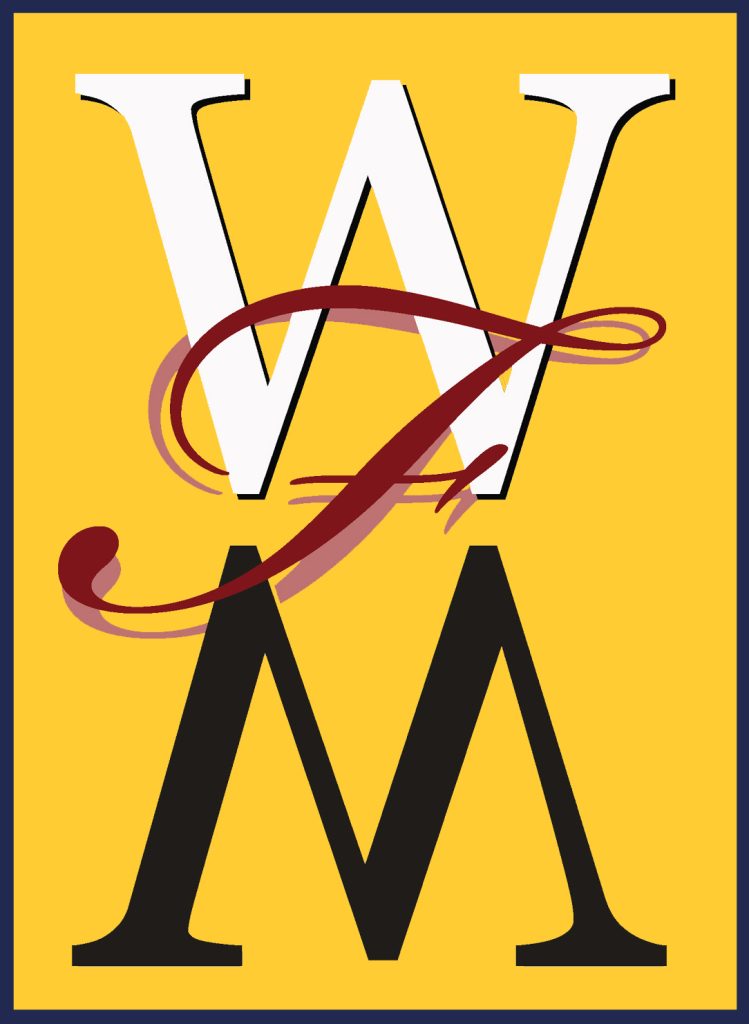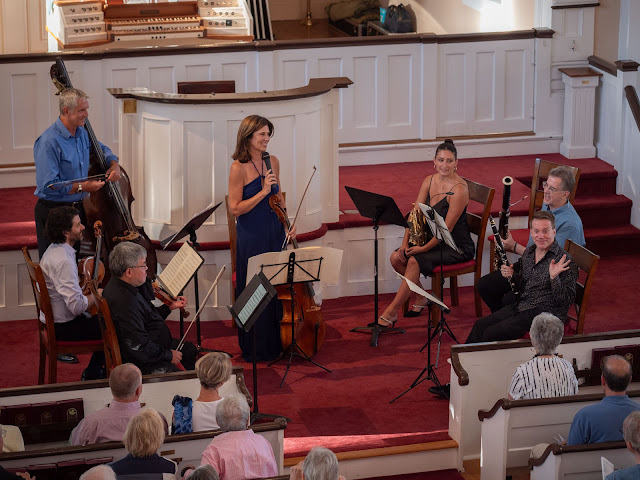New York Musicians Performing Classical Music Festival in Washington starting August 18
The Classical Music Festival of Washington Friends of Music is taking place Fridays at 5:30pm on August 18, 25; Sep 1 and 8 in the Historic Meeting House of the First Congregational Church at the Washington Green, 6 Kirby Road.
Washington Friends of Music has been bringing superb performances and major talent from New York to Washington for over 10 years. This summer’s Classical Music Festival is starting off on Friday August 18 with Mozart and Beethoven. Under the leadership of WFM Artistic Director and world-class cellist Wendy Sutter, a group of eight renowned musicians who perform solo as well as in leading orchestras in the US and abroad, will play some of these composers most admired and successful works: Mozart’s Clarinet Quintet K. 581 and Beethoven’s Septet in E flat major, op. 20.
Critically acclaimed cellist Wendy Sutter, heralded as “one of the great leading cellists of the classical stage” by the Wall Street Journal will be joined on strings by violinist Xiao-Dong Wang of the Metropolitan Opera Orchestra, violinist Deborah Buck, concertmaster of Orchestra Lumos and violist William Hakim, member of the New York Symphonic Ensemble.
Wind instrument enthusiasts will be pleased to experience the debut of three-times Grammy nominee Todd Palmer, Clarinet, of the Philadelphia Chamber Music Society, Mark Romatz, Bassoon, of the Metropolitan Opera Orchestra and Rachel Drehmann, versatile French Horn player of the “infamous” horn quartet Genghis Barbie.
The audience is invited to mingle with the musicians at a post-concert reception with bubbly and snacks.
The WFM Classical Music Festival will continue featuring groups of up to twelve renowned musicians, soloists as well as from noted orchestras on Aug. 25th, themed “Vive la France,” followed by “Musica de Espana” on Sep 1st and conclude with “Eight Seasons: Vivaldi and Piazzolla – Juxtaposed” on September 8.
Washington Friends of Music, a non-profit organization, is grateful for the generous support of the Town of Washington, the State of Connecticut, CT Humanities – an affiliate of the State of Connecticut National Endowment for the Humanities, the Northwest CT Community Foundation, and WMNR Fine Arts Radio.
Tickets can be purchased online and are also available at the Hickory Stick Bookshop in Washington and County Wine & Spirits in New Preston, as well as at the door (cash or check only). Details on the WFM website WashingtonCT4music.blogspot.com or by phone 860.868.9174.













